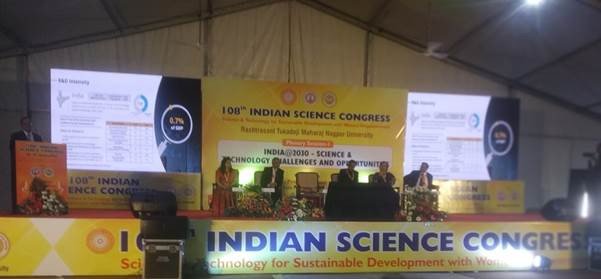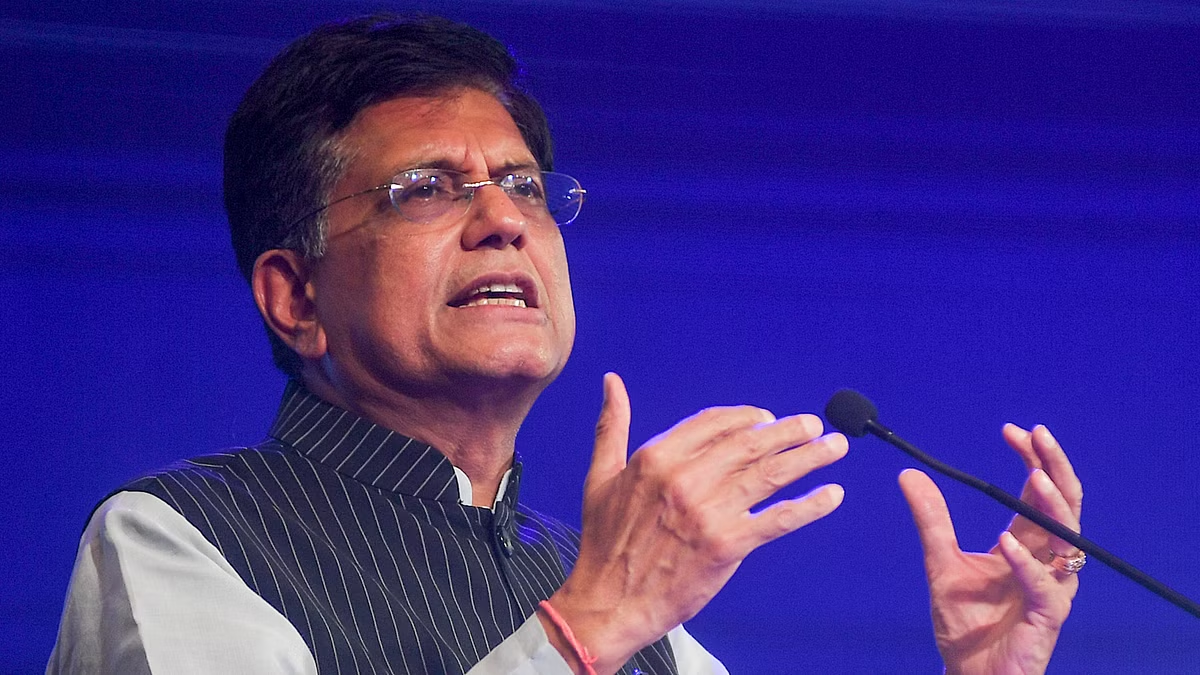Share

Leaders of scientific departments of the Government of India chalked out the framework for making India a knowledge intense economy and deliberated on the challenges and opportunities in the path at the first plenary session of the Indian science congress at Nagpur.
Principal Scientific Adviser to the Government of India, Professor A K Sood underlined that while India has emerged as the third largest ecosystem for start-ups globally and the deep tech startup landscape in India has seen rapid growth, there is still space to boost it up specifically in areas like consumer technology, automotive, media and entertainment, agritech, energy utilities, and cyber security.
He added that convergence of technological revolutions in quantum science and technology, advanced communication technologies, clean energy, digital transformation, and one health mission is fuelling India’s progress towards a global knowledge intense economy.
“Science will play a crucial role in India’s transformation, and this transformation will be grounded in our labs. So it is the responsibility of us scientists to think how relevant our science will be to face future challenges. We have to frame our questions to address future problems, be it in manufacturing or sustainability issues,” said Dr. S Chandrasekhar, Secretary Department of Science and Technology (DST).
He underlined that science needs to imagine future factories and design manufacturing methods that suit them, match input with output so that waste is minimised, develop the concept of circular science, generate agricultural technologies that can obviate the necessity of subsidies, and find alternate mobility options that are less polluting.
Dr. Chandrasekhar highlighted the necessity of developing the grassroot–global connect so that solutions from the grassroots can give clues to solve global problems.
Stressing on the need for sustainability in successful scientific solutions, N. Kalaiselvi, Director General CSIR, outlined India’s challenges and opportunities in some areas like the environment and climate change, energy and mobility, food and nutrition, industry 4.0/5.0, ease of doing science and attracting and retaining talent which are critical to India in the next seven years. She said these will lay the foundation for the next 17 years to make India a developed country.
Dr. Alka Sharma, Senior Advisor Department of Biotechnology (DBT), emphasised on bio-manufacturing—manufacturing that uses biological systems replacing fossil fuel-derived chemicals, as the new wave of industrialisation. She added that it could lock atmospheric carbon in its stable form, paving the pathway that would make India a country leading the world in sustainability.
Related Posts
SEARCH SMECONNECT-DESK
RECENT POST
- THE COUNTDOWN BEGINS: 2ND EDITION OF PACK.NXT 2024 ANNOUNCED!
- Mr. Goyal launches district master plan under PM Gati Shakti for infra planning
- China emerges as India’s top import source during April-September 2024: Commerce ministry data
- Income Tax Department can send income tax notice on these 5 high value cash transactions
- As Gujarat announces new textile policy today, here’s a look at why Maharashtra’s Navapur is being preferred by Surat factory owners










